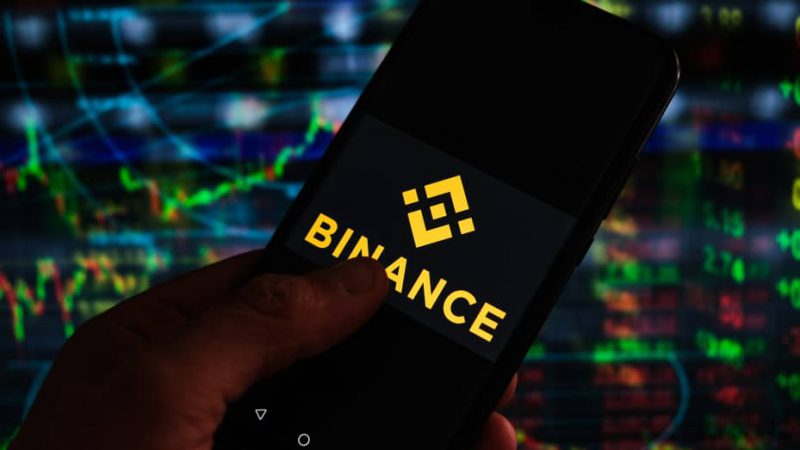The world’s largest cryptocurrency exchange by market cap, Binance, has blocked several accounts due to the Bitzlato investigation. Several users came forward with the issue, many of whom are Russian-speaking. The affected individuals discussed the problems in a Telegram group conversation, claiming that the accounts had been shut off abruptly. The group now has over 1000 members.
The impacted users are comparing the restrictions to the US Department of Justice’s punitive action against the crypto company Bitzlato. Moreover, many admit that they use Bitzlato for incoming and outgoing transactions between Binance and Bitzlato.
A Binance spokesperson, while speaking to CoinTelegraph, confirmed that the recent blockage of accounts was related to the Bitzlato case. Additionally, the cryptocurrency exchange advised customers to read Binance’s blog on the many reasons why their account can be disabled and what to do in such a circumstance.
What happened between Binance and Bitzlato?
Bitzlato is an exchange believed to retain considerable activities in Russia and is said to do so from the Moscow skyscraper known as the Federation Tower. The U.S. authorities claim that Bitzlato operated without following proper Know Your Customer or KYC standards, which contributed to it being a sanctuary for illegal profits and money.
An international cryptocurrency enforcement action was announced by the US Department of Justice and other agencies against Bitzlato. The senior executive of Bitzlato, Anatoly Legkodymov, is accused of running a money-transfer operation that transferred illegal funds. Binance is listed as a counterparty in a recent order by the Financial Crimes Enforcement Network (FinCEN). Furthermore, Binance received and transmitted the monies related to the Bitzlato suit per the order’s specifics.
The top three sending counterparties were listed as Hydra, Local Bitcoins, and TheFiniko in the order. The injunction was also published to stop the transfer of the monies related to the Bitzlato case, and it will take effect on Feb. 1, 2023.





